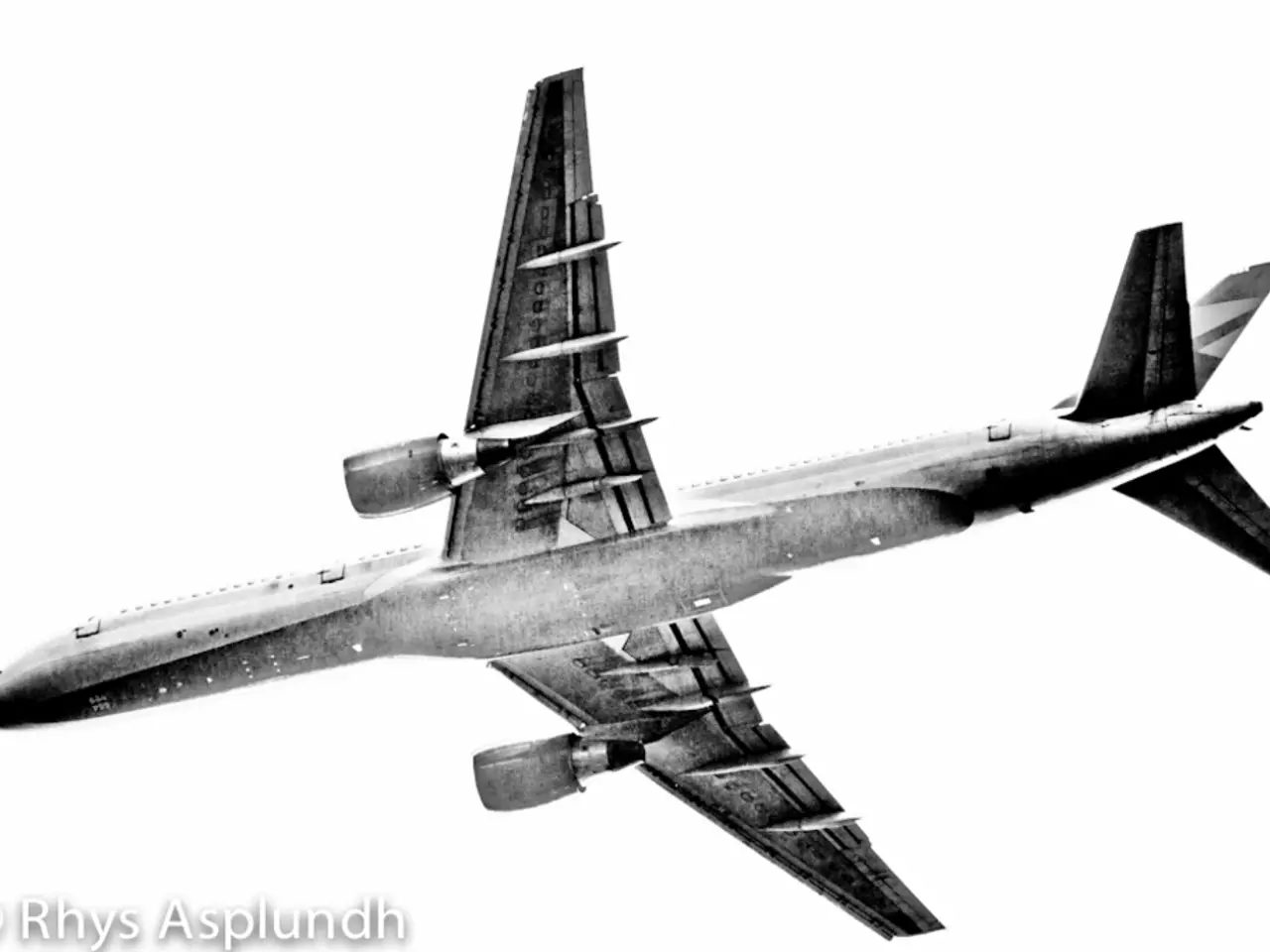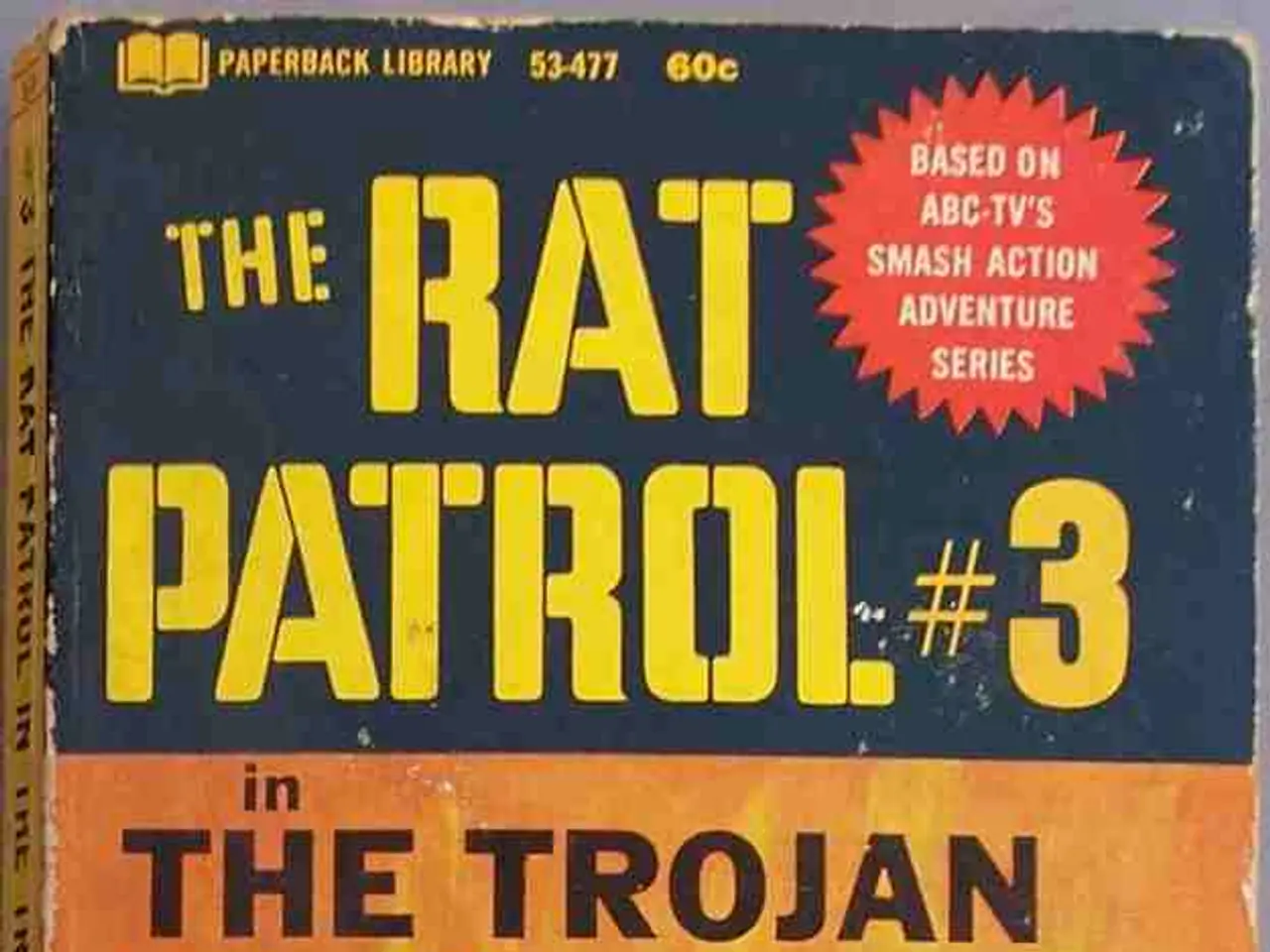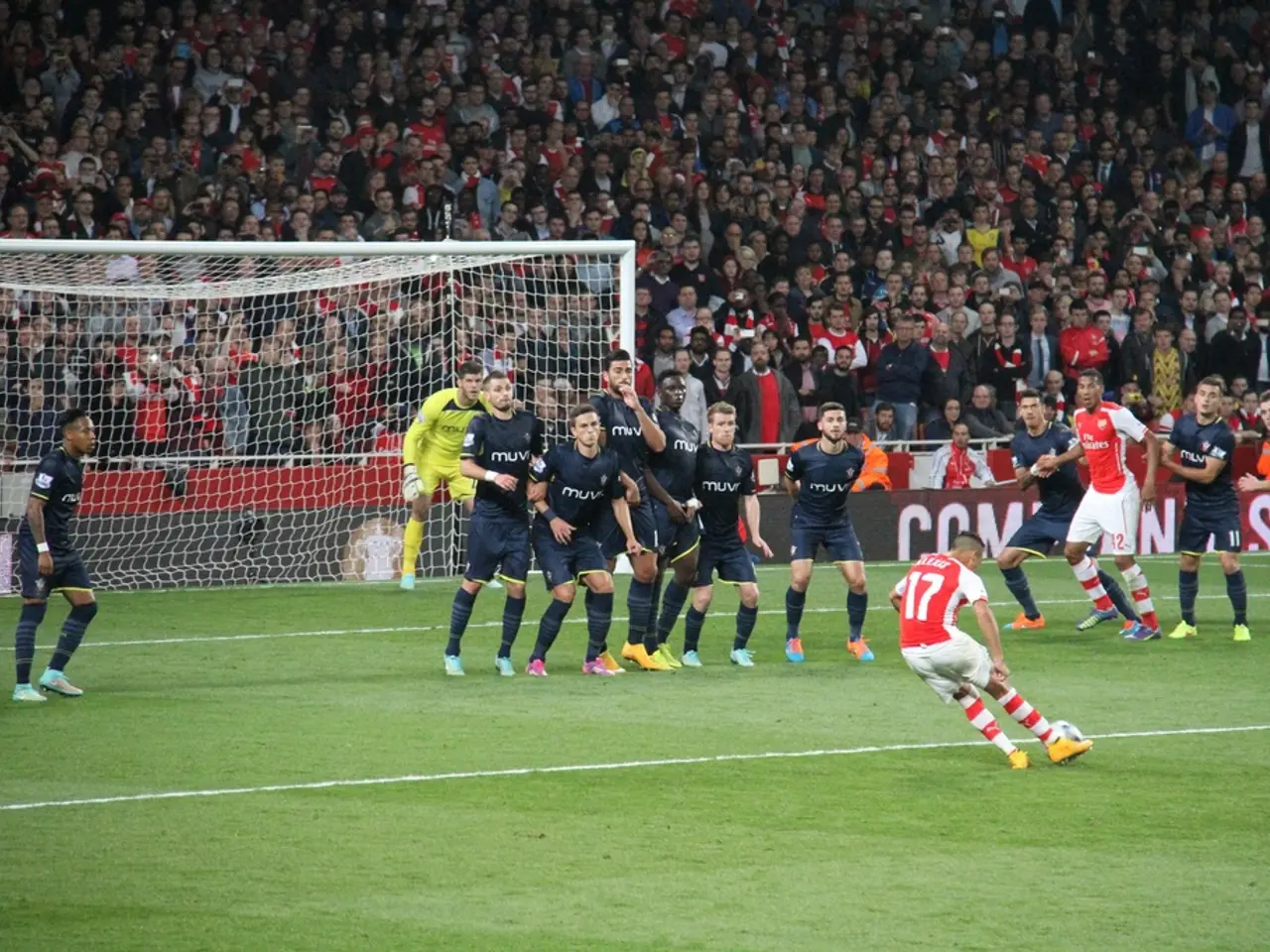Azerbaijan expresses support for Georgia's territorial integrity in commemoration of the 17-year anniversary of the 2008 War.
The conflicts over the regions of Abkhazia and South Ossetia, which broke out in the early 1990s, remain unresolved frozen conflicts with continued Russian military presence and political control. Georgia, which regards these regions as occupied territories, has shown unwillingness to sign non-aggression pacts, signaling its readiness for possible forceful reintegration efforts.
The conflict between Georgia and Abkhazia began in 1992 and lasted for 13 months, with Georgian forces and Abkhaz separatists, backed by Russia, clashing violently. In August 2008, the conflict over South Ossetia escalated into open warfare between the two countries, with Russia backing South Ossetia. Following these conflicts, Abkhazia and South Ossetia unilaterally declared independence, which Russia formally recognized.
Efforts at ceasefires and demilitarization have been fragile and frequently violated over the years. Russia continues to act as a security guarantor for these regions, with ongoing militarization and recent expansion of Russian military infrastructure, such as a naval base in Abkhazia.
Georgia's Foreign Ministry has renewed calls for the Russian Federation to withdraw its military forces from the breakaway regions of Abkhazia and South Ossetia. Azerbaijan, a close neighbour of Georgia, has also called for a peaceful resolution of the conflict and reiterated its strong support for Georgia's sovereignty and territorial integrity.
These calls for troop withdrawal come on the anniversaries of the conflicts. Azerbaijan, in a recent social media post, expressed its commitment to close cooperation and neighbourly relations with Georgia, emphasizing that any resolution should be within the framework of Georgia's sovereignty and internationally recognized borders.
The international community, including Ukraine, has condemned Russia's recognition and military presence in the regions, calling for Russia's withdrawal and revocation of recognition, and condemning Russian aggression as undermining regional stability. However, no major breakthrough has been achieved by mid-2025.
Thus, the status quo is a tense stalemate marked by continued Russian occupation, Georgian non-recognition, military exercises, and unstable ceasefires in the contested zones. The conflicts over Abkhazia and South Ossetia continue to be "frozen but evolving," with Russia deepening its control and Georgia opposing this with diplomatic and military preparations.
Turkey, a key regional player, has expressed concerns over the ongoing conflict between Georgia and Russia, particularly in the regions of Abkhazia and South Ossetia. The Turkish Foreign Ministry has repeatedly called for diplomatic efforts to resolve the "frozen but evolving" situation, emphasizing the importance of political negotiations in war-and-conflicts and the preservation of general-news stability in the area.





